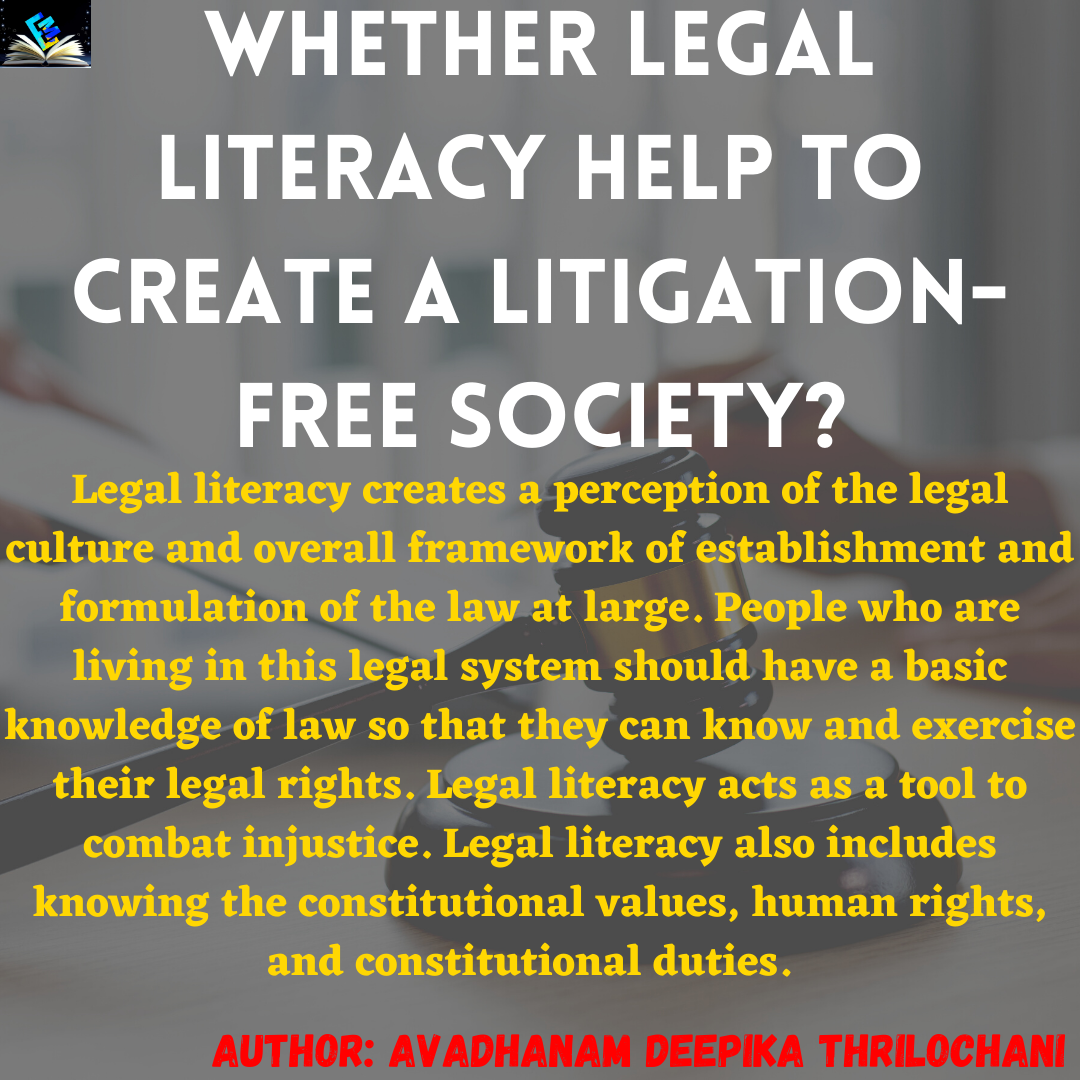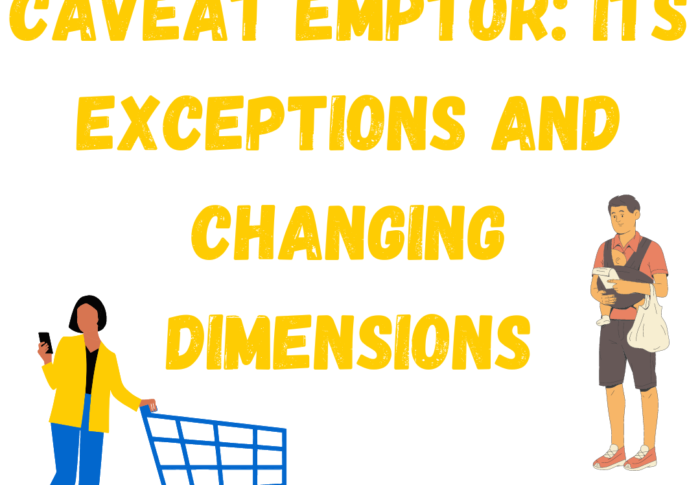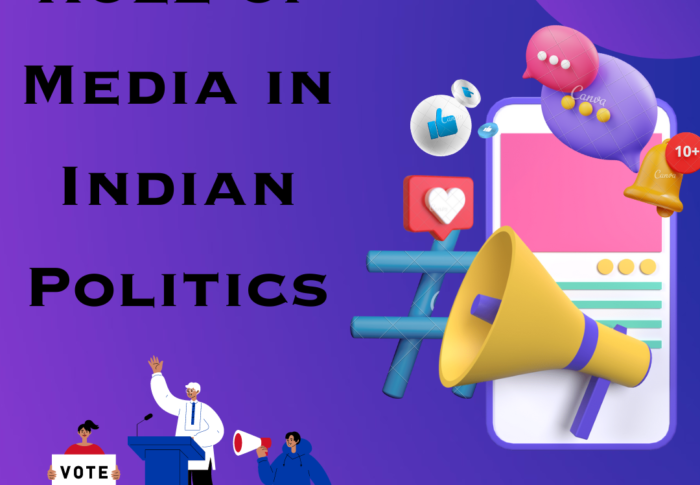
Whether Legal Literacy help to create a litigation-free society?
Keywords- Legal, Literacy, Society, Constitution, Rights and Duties.
Author: Avadhanam Deepika Thrilochani
Legal literacy creates a perception of the legal culture and overall framework of establishment and formulation of the law at large. People who are living in this legal system should have a basic knowledge of law so that they can know and exercise their legal rights. Legal literacy acts as a tool to combat injustice. Legal literacy also includes knowing the constitutional values, human rights, and constitutional duties.
Introduction:-
Most of the people in the society believe and say that legal literacy is only essential for those who are pursuing law or for lawyers or for any others who are in the field of law but they don’t know the role of legal literacy in their daily life. There are some rights and duties that every person should know about. I don’t think it would be wrong if I say that many people are not familiar with these rights and duties and intrude with other rights and infringe them.
Legal literacy:
Legal literacy can be understood as knowing the primary level of law. Legal literacy creates a perception of the legal culture and overall framework of establishment and formulation of the law at large. People who are living in this legal system should have a basic knowledge of law so that they can know and exercise their legal rights. Legal literacy acts as a tool to combat injustice. Legal literacy also includes knowing the constitutional values, human rights, and constitutional duties.
Steps were taken by legislation:
To create this legal apprehension in society, the government had come up with many measures.14th law commission report of India had provided an idea of free legal aid to the poor by the state. subsequently, the Legal services authority act was enacted by the parliament in the year 1987, for providing free legal services for the weaker sections of society based on equal opportunities this authority frames best economic schemes for the poor to provide free legal aid and also take relevant measures to spread legal literacy and awareness among the people and in particular to educate the people of the weaker sections in the society. Article 39A of the Indian constitution provides that states are directed to provide free legal aid to the weaker and poorer sections of the society. In bringing up this free legal aid to the weaker and needy section judiciary played a dominant role. Legal services authority performs many undertakings such as conducting camps and awareness programs to educate people.
These legal literacy clubs majorly undertake the following topics to enhance the legal knowledge of the people:
1. Constitutional values: Constitution is a legal document that contains all the fundamental rights and duties, directive principles of state policies, and other provisions. The Indian constitution presented the Indians with fundamental rights and doesn’t matter whatever the case it is, fundamental rights prevail.
2. Right to education: Article 21-A of the Indian constitution mandates the state to provide free and compulsory education to children belonging to the age group of 6-14 years. Education is of every importance to everyone as it helps us to become better citizens and know the difference between good and evil to shape a better society.
3. Fundamental rights: Article 12-35 of the Indian constitution deals with fundamental rights. Fundamental rights are included in the constitution to preserve human dignity and respect and help to develop the personality of every individual. Fundamental rights protect the interests of minorities and also strengthen the secular fabric of the Indian state.
4. Fundamental duties: one thing that everyone should be clear about is no democratic country could either develop or succeed if citizens are not genuinely doing their duties which they are expected to do. Fundamental duties are important to maintain the unity and integrity of a nation. Fundamental rights and duties are two sides of the coin which can never be separated.
Similarly, these clubs can take topics regarding road safety, child marriages, female foeticide, rights of senior citizens, etc, which brings legal awareness among the people.
Suggestions:
In order to promote legal literacy in society, there can be even more steps taken such as:
1. Law students or lawyers having ample knowledge in law can conduct camps or activities through which they can promote legal literacy
2. Providing authentic free legal aid.
3. Conducting a large number of Camps, lectures, and interactive workshops which play a major role in spreading legal awareness.
4. Providing the idea and necessity of legal literacy for high school students which can enhance their knowledge.
Many laws in India provide various rights duties to the people and remedies if these rights are violated. When people start to gain legal knowledge through the camps, and awareness programs conducted by the legal services authority they can understand their fundamental rights and fundamental duties and can start differentiating between what is right and what is wrong. They can fight for their rights and against the infringement of rights. Most of the cases in courts are regarding infringement of rights and omission of a particular duty or commission of an act. When a person is having absolute legal literacy he doesn’t intervene in other’s rights and commits infringement of rights. By providing this knowledge there is a hope that litigations can be reduced. Creating legal awareness not only brings the idea to fight for the rights but also fear to infringe others’ rights. So, a person with this knowledge will not dare to commit wrong as he has the legal consequences he needs to face after committing the wrong. This will ultimately lead to a reduction of crimes and reduce the litigations in the court.
Mail at info@edumound.in






